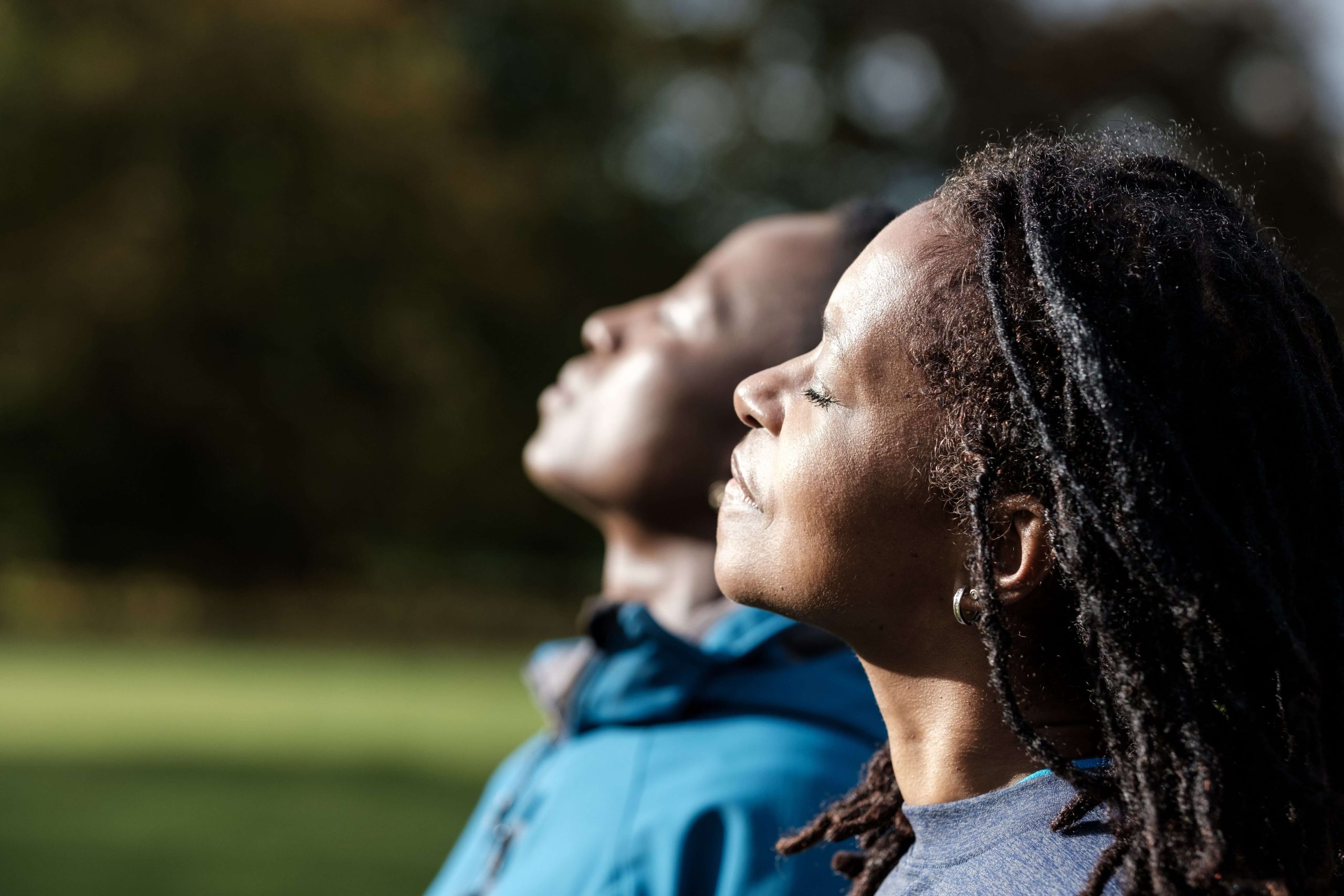Building a home is more than just bricks and mortars to Filipinos. It is a deeply symbolic endeavor, interwoven with cultural beliefs and superstitions passed down through generations. Beyond mere construction, each aspect of the home — from its layout to its orientation— is filled with meaning and significance. These beliefs not only shape the physical structure but also influence the fortunes and well-being of its inhabitants, reflecting the rich tapestry of Filipino culture.
Crown Asia, the premium residential arm of Vista Land and Lifescapes Inc., proud of its array of house and lot in Daang Hari perfect as a Filipino home, has prepared some of the most peculiar beliefs and superstitions present in most Filipino homes:
1. The Sacred Geometry of Lots
Filipinos believe that the shape of the lot can influence the destiny of its residents. Square or rectangular lots are favored for their symmetry and balance, symbolizing harmony within the household. Conversely, irregular shapes are thought to disrupt this harmony, potentially inviting misfortune or discord. This belief underscores the importance of proportion and alignment in creating a prosperous home.
2. Facing the Dawn
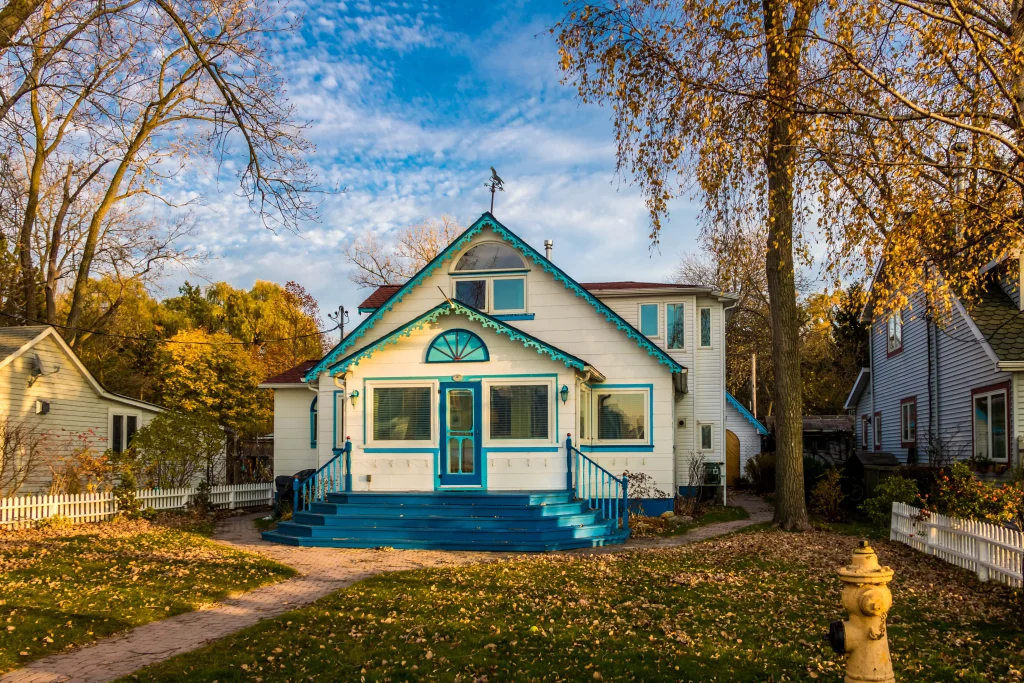
The orientation of a household has deep significance in Filipino culture, with east-facing homes symbolizing new beginnings and abundance. Facing the rising sun is believed to invite prosperity and positivity into the home, fostering a sense of hope and renewal. In contrast, west-facing homes are associated with financial difficulties and conflict, as they are thought to be in opposition to the natural flow of energy. This belief highlights the interconnectedness of nature and human fortune in shaping the destiny of a household.
3. Inviting Luck Through Main Doors
The main door serves as the primary entry point for luck and positive energy in Filipino homes. It is believed that a large and inviting door facilitates the flow of good fortune into the household, while a small or obstructed entrance may hinder prosperity. Furthermore, the alignment of the main door is carefully considered to prevent the direct exit of luck from the house, ensuring that positive energy remains within the home. This belief reflects the Filipino reverence for symbolism and intentionality in creating auspicious living spaces.
4. Cooking with Sunlight: The Kitchen Placement
The placement of the kitchen holds significant importance in Filipino homes, particularly about sunlight and energy flow. It is customary for the kitchen to be situated on the eastern side of the house, allowing the cook to face the morning sun while preparing meals. This orientation is believed to infuse the food with positive energy and ensure good fortune for those who consume it. Additionally, the design and layout of the kitchen are often influenced by feng shui principles, with careful attention paid to the arrangement of appliances and cooking surfaces to promote harmony and abundance.
5. Restful Retreats: Bedroom Placement
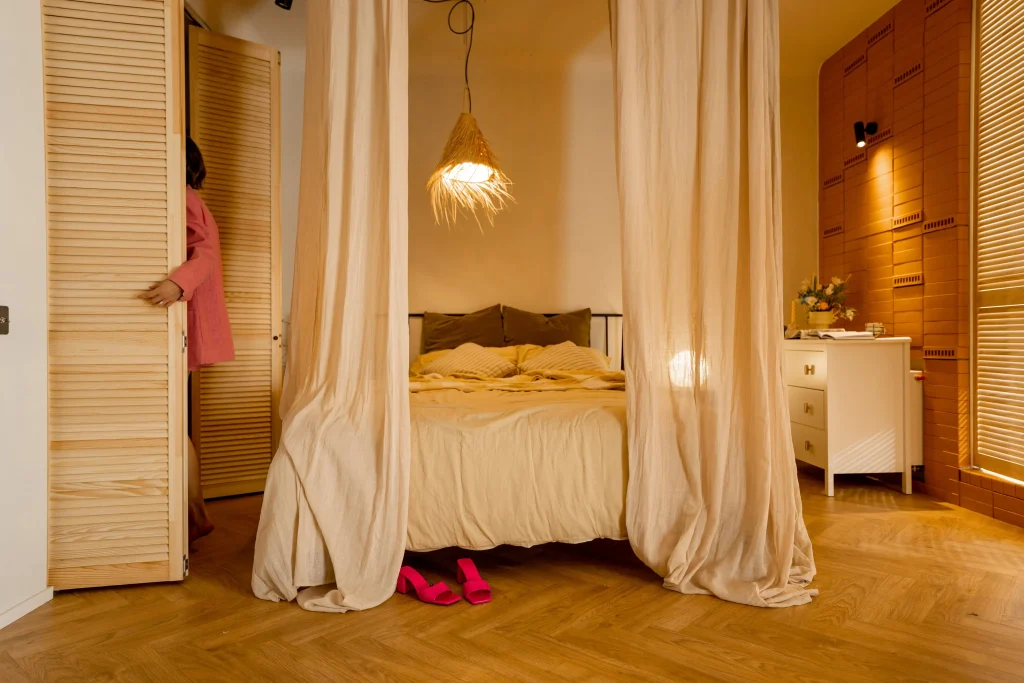
Bedrooms are regarded as sacred spaces in Filipino culture, dedicated to rest, relaxation, and rejuvenation. The location and orientation of the bedroom within the house are carefully considered to promote harmony and well-being. It is believed that bedrooms situated on the south or southwest side of the house are conducive to restful sleep, while those facing north or east may disrupt sleep patterns.
Furthermore, the placement of the bed within the room is also subject to superstition, with beds positioned away from windows and doorways to avoid negative energy. This belief underscores the importance of creating a tranquil and nurturing environment for restorative sleep. For a nurturing and tranquil environment, you may visit a house and lot in Daang Hari that is close to the Metro but is secluded, clean, and has plenty of premium amenities.
6. Purifying Spaces
Bathrooms play a vital role in maintaining cleanliness and hygiene within Filipino homes, both physically and spiritually. The location of the bathroom within the house is carefully chosen to facilitate the flow of positive energy and ward off negative influences. It is common for bathrooms to be situated on the north or northwest side of the house, as this direction is believed to symbolize purification and renewal. Also, certain rituals and practices are observed to maintain the spiritual integrity of the bathroom, such as keeping the door closed to prevent the escape of positive energy and ensuring that the toilet seat is always kept down to prevent the loss of wealth and prosperity. This belief reflects the Filipino reverence for cleanliness and order in all aspects of life.
7. Ascending Luck: The Staircases of Prosperity
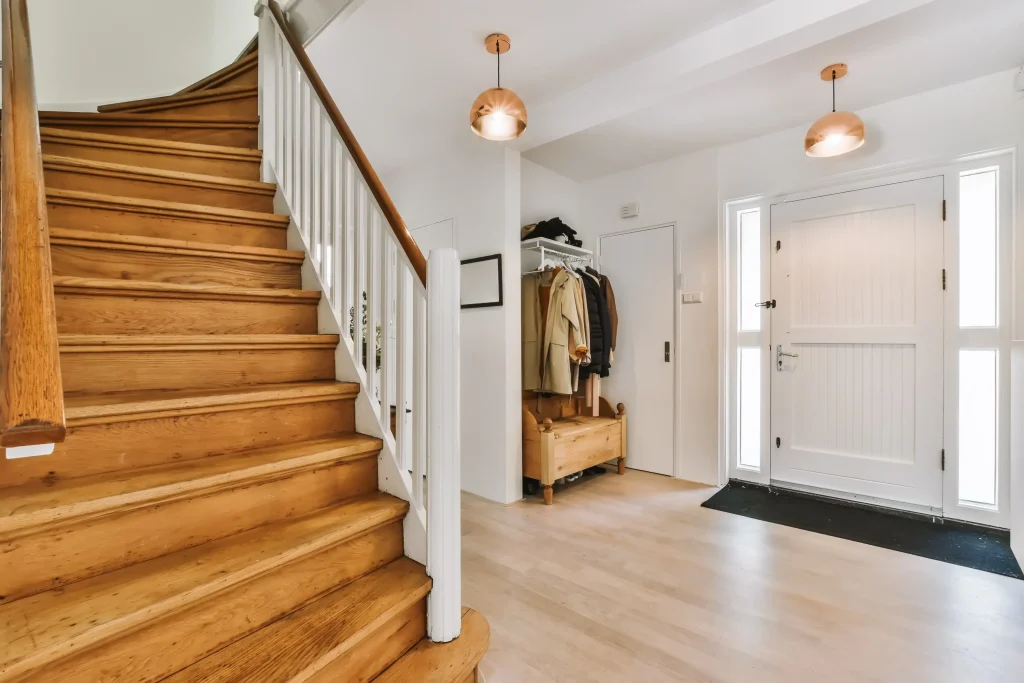
Staircases are more than just functional elements within Filipino homes; they are symbols of upward mobility and prosperity. The design and construction of staircases are subject to superstitions aimed at attracting good fortune and warding off evil spirits. It is customary for staircases to have an odd number of steps, as odd numbers are believed to bring luck and abundance. Additionally, staircases should be constructed without gaps between the steps to prevent the entry of malevolent forces into the home.
Furthermore, certain design elements, such as the incorporation of a ‘mata,’ or eye, into the staircase design, are thought to protect the household from negative energies and bring blessings to all who ascend and descend. This belief exemplifies the Filipino belief in the power of symbolism and intentionality in creating harmonious living spaces.
8. Harmony in Construction
The construction of a home is a sacred endeavor for Filipinos, guided by ancient traditions and spiritual beliefs. Before embarking on a construction project, it is customary for homeowners to consult with geomancers or feng shui experts to ensure that the home is built in harmony with the surrounding environment and cosmic forces. These experts analyze the topography of the land, the orientation of the house, and the layout of the rooms to determine the most auspicious design for the home.
Additionally, certain rituals and ceremonies, such as the ritual of padugo, in which an animal is sacrificed and its blood is sprinkled on the foundation of the house, are performed to appease the spirits of the land and ensure a successful construction process. This belief reflects the Filipino reverence for tradition and spirituality in all aspects of life, including building homes.
9. Navigating Auspicious Days
Superstitions and taboos abound during the construction of Filipino homes, with certain days and practices believed to bring luck or misfortune to the project. It is considered unlucky to visit the construction site on Fridays, as this day is associated with delays and setbacks. Similarly, cutting one’s hair or nails during construction is believed to disrupt positive energy flow and may lead to incomplete or subpar construction.
Additionally, wearing red is thought to attract fire and accidents to the construction site, so it is best avoided by both workers and homeowners alike. These superstitions highlight the belief in unseen forces and cosmic energies that influence the success of construction projects, encouraging caution and mindfulness throughout the building process.
10. Blessings and Celebrations
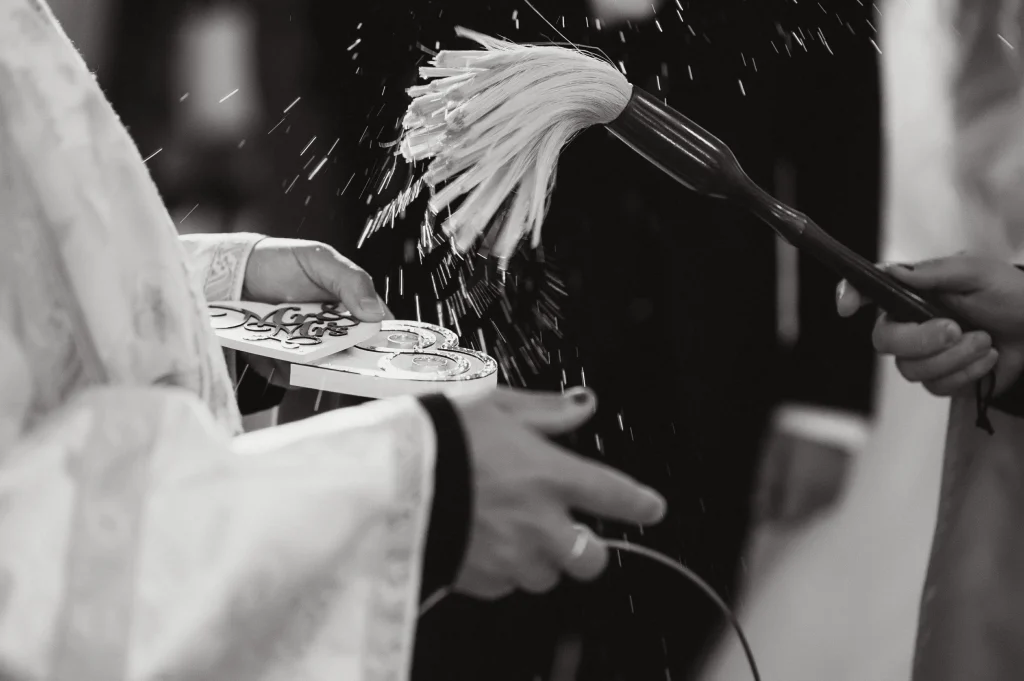
The completion of a home is celebrated with rituals and ceremonies aimed at bestowing blessings and protection upon the household. Before moving into the new home, it is customary to invite a priest or religious leader to bless the house with holy water and prayers, purifying the space and ensuring the spiritual well-being of its inhabitants.
Also, a housewarming party is often held to celebrate the new beginning and to invite friends and family to share in the joy of the occasion. Guests may bring symbolic gifts such as rice, salt, sugar, bread, and coins, which are believed to bring abundance, prosperity, and happiness to the new home. These rituals mark the culmination of a journey toward creating a blessed and prosperous home, reflecting the Filipino values of community, hospitality, and gratitude.
Relentless Pursuit of Things That Matter The Most
In Filipino culture, the construction of a home is a deeply spiritual and symbolic endeavor, guided by ancient traditions and superstitions that have been passed down through generations. From the selection of the lot to the final blessing of the house, every aspect of the building process is imbued with meaning and significance, reflecting the rich tapestry of Filipino culture and the enduring belief in the power of symbolism and intentionality. As Filipinos continue to build and create homes that reflect their values and aspirations, they carry forward a legacy of resilience, faith, and the relentless pursuit of prosperity.


